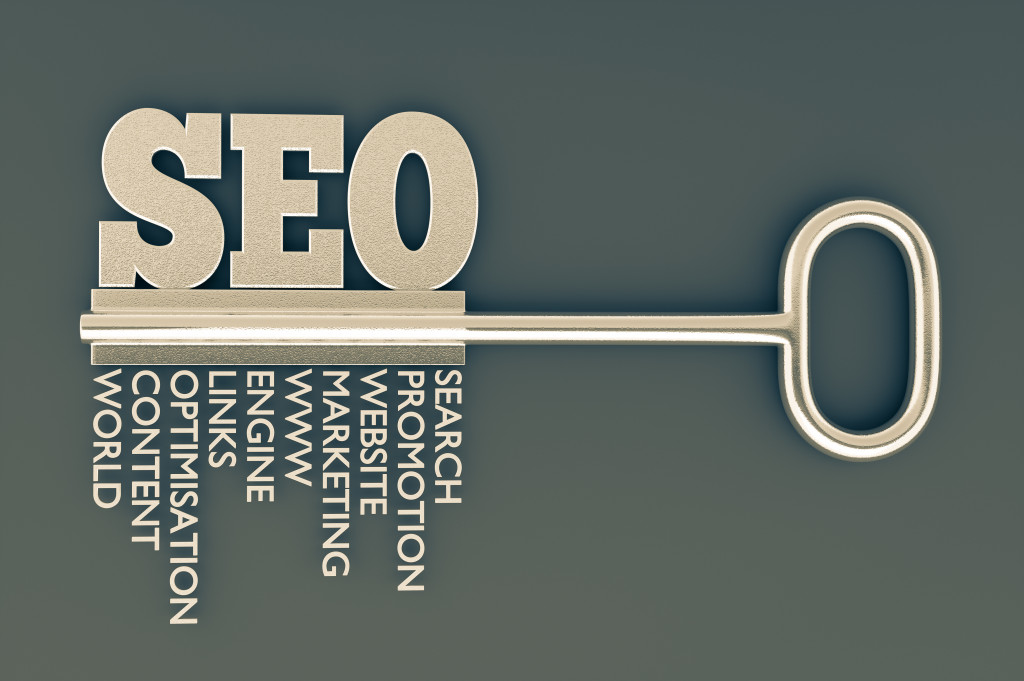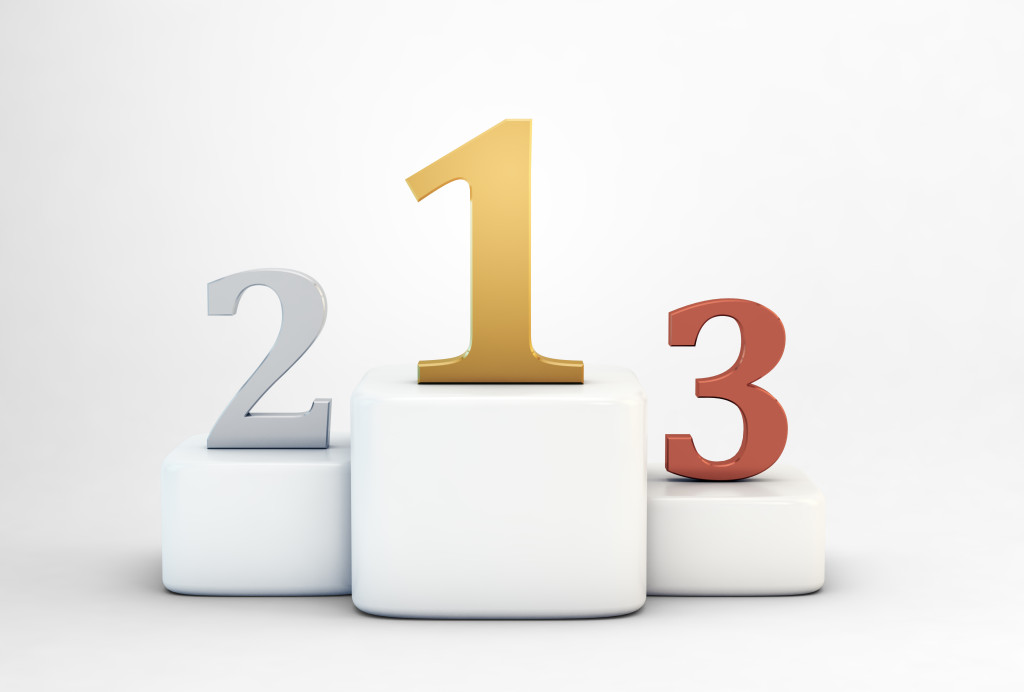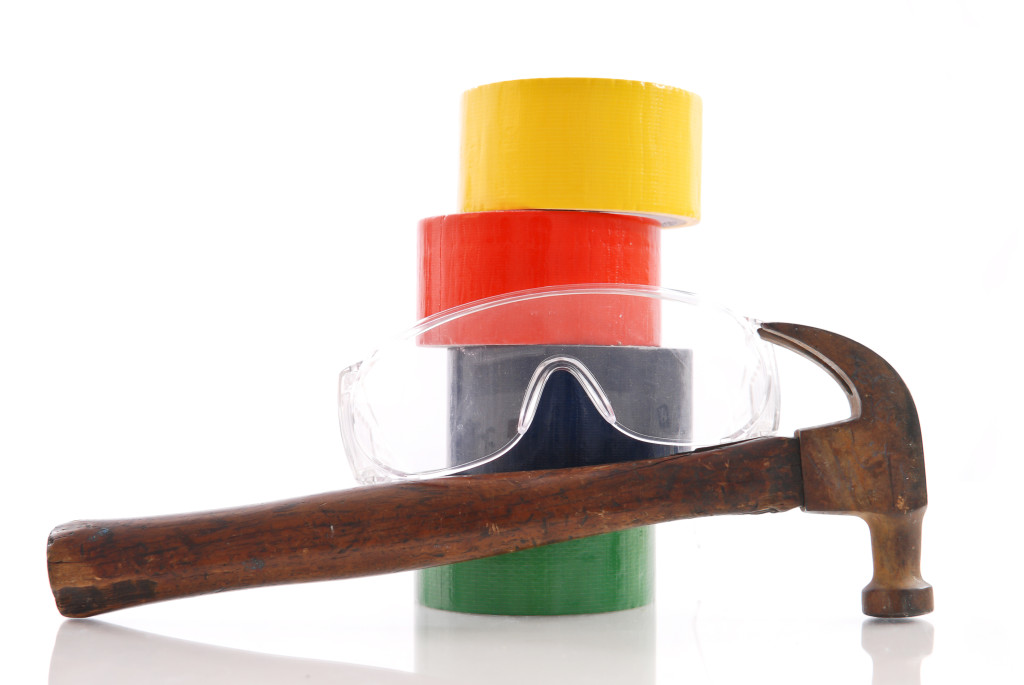The web isn’t what it used to be. In the past, before the web frontier was conquered, anyone could throw up a website and make money. This is because search engine ranking was fairly straightforward and easy to understand. Your site could be successfully ranked simply by using keywords, avoiding the use of images for links, and keeping words at the bottom of the page to a minimum.
Today, the landscape has drastically changed. The, once empty, web has become Times Square. There’s advertising in all directions, with millions of people playing the same game. So, naturally, maintaining a high search engine ranking has become a full-time job for many companies. This can be accredited to Google’s continuous updates to their ranking algorithm, which frequently and dramatically change the rules of SEO.
Although there are various components that are said to be a relatively small portion of Google’s search ranking algorithm, addressing them can mean the difference between being on page 1 instead of page 2, or between being ranked first instead of second. In other words, it’s the seemingly small changes that can have a huge impact on the overall success of your website. After all, the first spot in Google gets approximately 53% of clicks, while the second spot gets 15% of the clicks.
SEO is hard work. And, getting your webpage to move up in organic rankings can incredibly difficult. So, once it’s up there, you want to make sure you take full advantage of potential clicks.
According to KISSmetrics, 47% of consumers expect a site to load in 2 seconds or less. It makes sense, doesn’t it? Think about your own browsing habits. If a site takes a long time to load, it’s likely that you’ll hit the back button and click on the next highest result. So, this means that even if you’re running a simple WordPress site, page load speed does matter.
Let’s look at the cost of a slow loading site. According to the KISSmetrics study, a one-second delay in loading a web page can result in a 7% loss in conversions. That means if your website makes $100 per day you would lose $2,555 in revenue each year—simply because your site loads a little slow.
To ensure your site is up to speed, you can use speed test sites. Just be careful because they might suggest overly-complicated ways to improve the performance of your site. You’re especially susceptible to this if you have limited website improvement knowledge.
You may know the basics like optimizing the size of your site’s images, deleting spam comments, and making sure to only use necessary and up-to-date plugins for your site. Those are the easy fixes and you should definitely implement them. But another easy fix, you many not know about, is to check your hosting.
Are you familiar with solid state drive (SSD) hosting? Well, if you compare the speed results of a site hosted on traditional hosting versus SSD hosting, the results are pretty astounding. Based on the host, some tests have shown that sites on SSDs load 40-475% faster compared to traditional drives. So, even if you have minimal technical knowledge on how to optimize a site, moving to a solid state drive is a quick and easy fix.
Improving your search engine ranking is a problem shared by many. And although Google’s search ranking is continuously changing, you shouldn’t overlook the impact that small changes can make on improving your SEO.
What do you do to increase your search engine ranking?
 Brad Litwin is the Marketing Manager for the high performance host A2 Hosting, web hosting company focused on providing high speed WordPress Hosting solutions.
Brad Litwin is the Marketing Manager for the high performance host A2 Hosting, web hosting company focused on providing high speed WordPress Hosting solutions.




No Comments